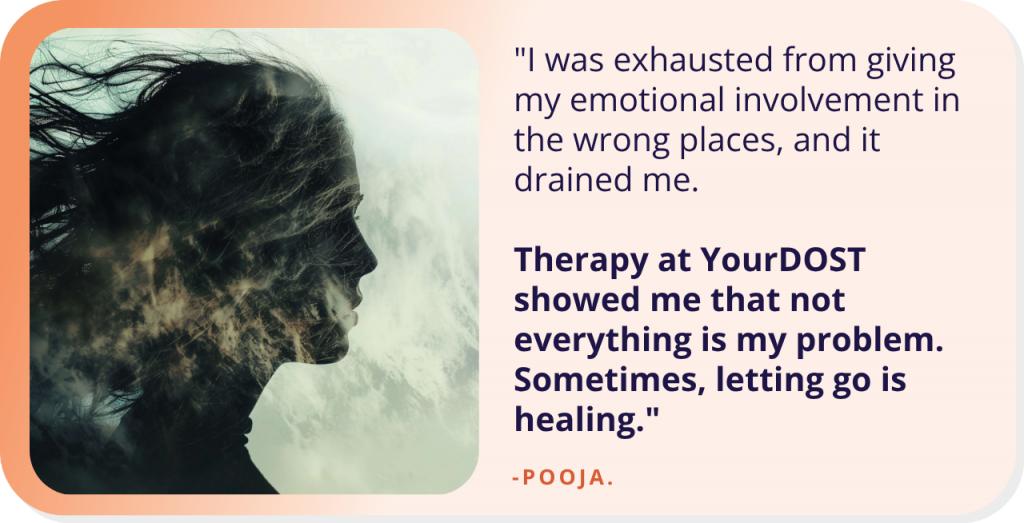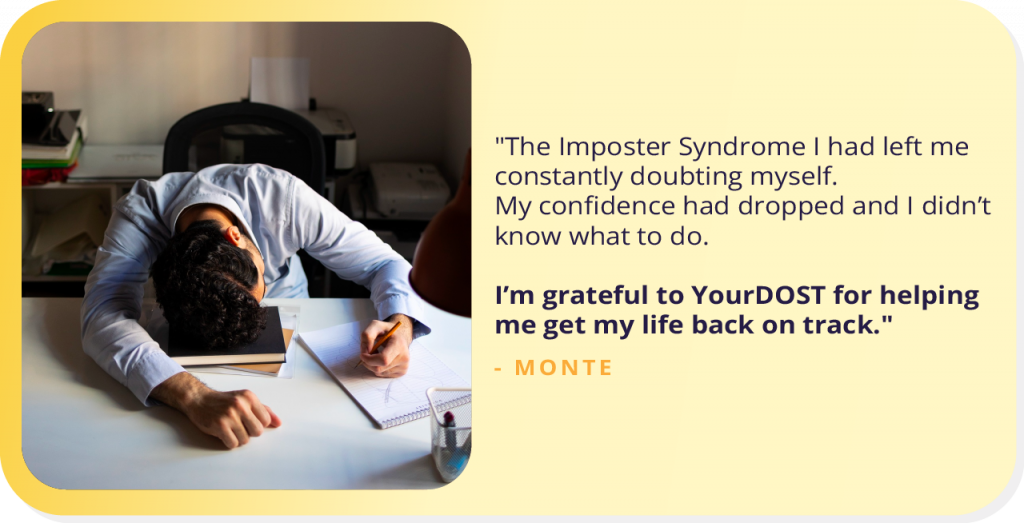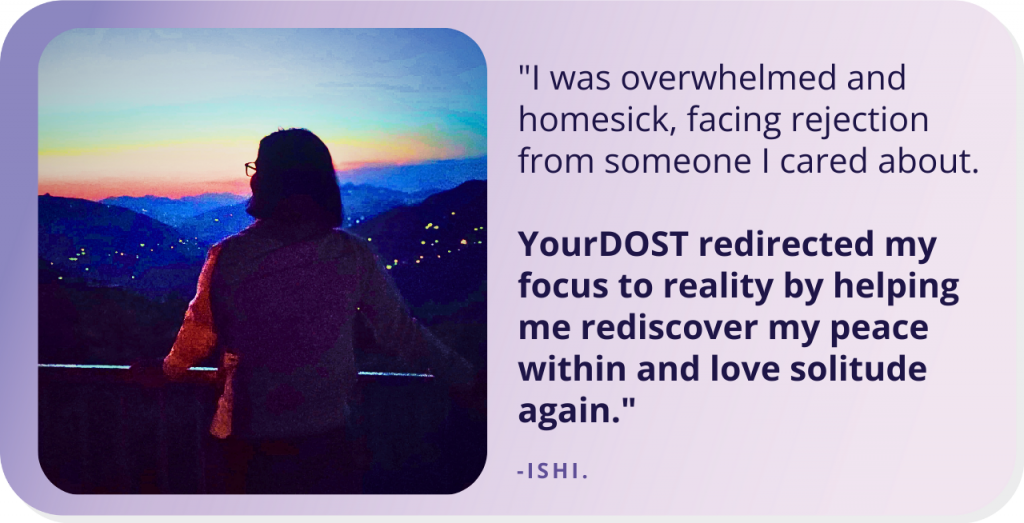How To Be Assertive
Contrary to popular belief, ‘Assertiveness’ doesn’t mean being rude to others or unnecessarily shoving your opinions in someone’s face. Being assertive is a core communication skill. It signifies that you can express yourself effectively and stand up for your beliefs, while also protecting the rights and beliefs of others.
How Can It Help Me
Knowing how to be assertive can boost your self-esteem and also earn you the respect of the people around you. This can help with stress management, especially if you tend to take on too many responsibilities because you have a hard time saying no to favours or requests. Some people tend to be naturally assertive but not most are this fortunate. If you’re not one of the naturals, even then you can learn to be assertive and how to express yourself without coming across as a ‘jerk’.
- Be Clear – It can be easy to put the blame on others, even when you don’t necessarily mean to. Using the word ‘you’ when making your point, tends to come off as accusatory. To prevent this, use ‘I’ statements. For example, use “I disagree.” instead of “You’re wrong.” It’s better to build bridges than to burn them down.
- Learn To Say “No” – The most common problem that unassertive people have is the inability to say “No” to others. This can result in accumulating an unnecessary burden of work which impedes on your own tasks. Practice saying no to others graciously. Try saying, “No, I can’t do that now.” Don’t hesitate – be direct. If an explanation is appropriate, keep it brief.
- Choose Your Battles – Just because you know how to be assertive doesn’t mean you need to stand your ground over absolutely everything. Keep the outright “no” in reserve for the things you really can’t stand doing. Know what your limits are and don’t be afraid to state them – it’ll make everyone much happier in the end.
- Let Go Of The Guilt – Being assertive can be unnerving, especially if you’ve been a people pleaser your whole life. But remember that being assertive is vital to your well-being. Whenever you feel guilty, take deep breathes and soothe your nerves. Breathe in what you need – peace, strength, serenity – and breathe out feelings of guilt, anxiety or shame.
- Express Yourself – Don’t assume that someone will automatically know what you need. You have to tell them. Again, be specific, clear, honest and respectful. Making assumptions never works out well for anyone!
When To Apply
Assertiveness isn’t going to solve all your problems and it’s not appropriate for every situation – context is key. What it will do, is help you feel more confident and communicate more effectively when you need to. Expressing your true self and sticking up for your rights is empowering and it’s something that the majority of us, should do a lot more.
Being assertive is a skill that needs practice. Remember that you will sometimes do better at it than at other times, but you can always learn from your mistakes.






